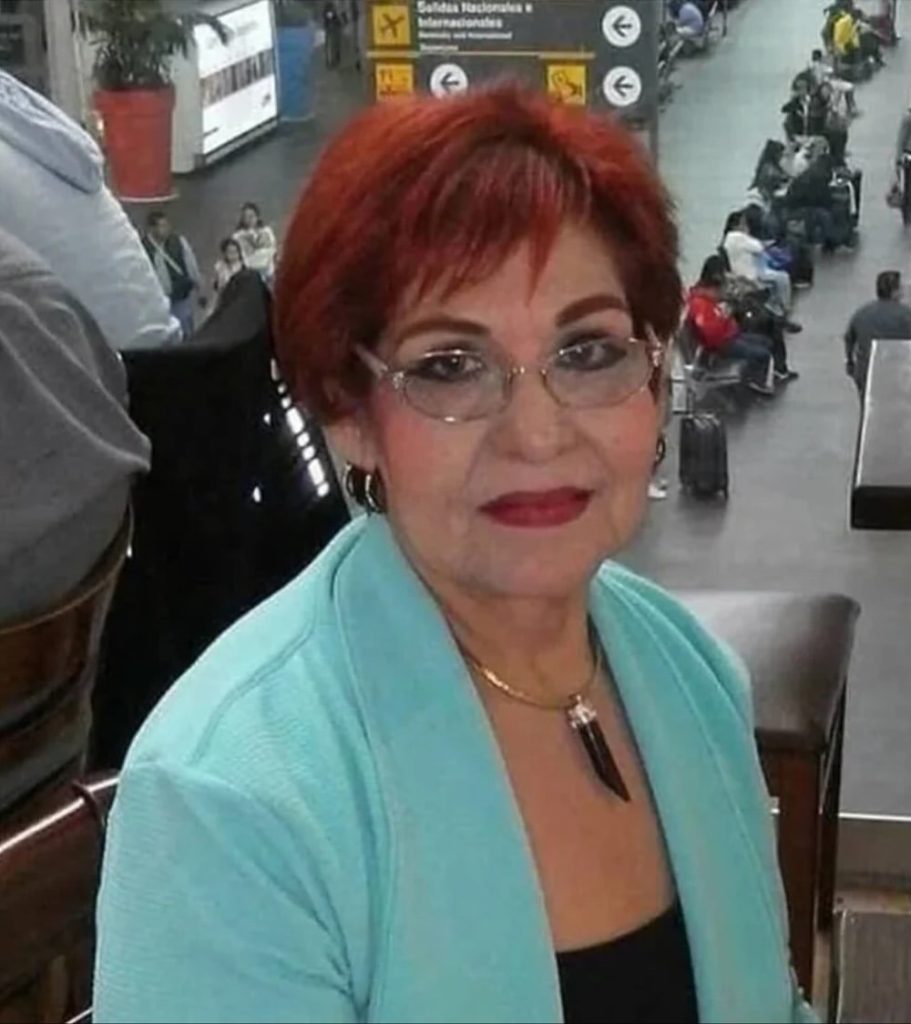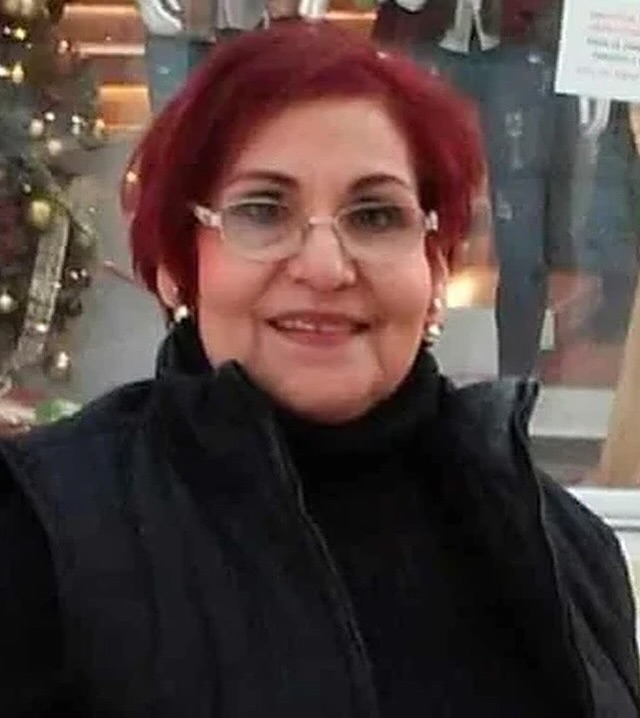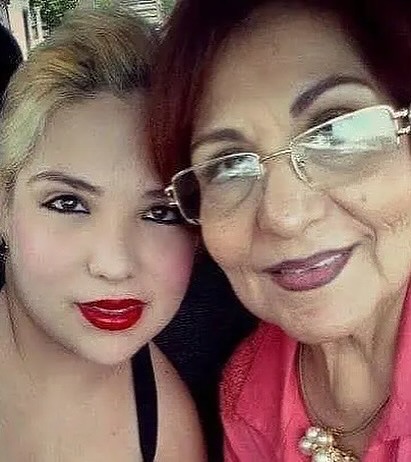You’ll Never Believe How One Mother Tracked Down Her Daughter’s Killers—One by One Across Mexico
I never intended to write something like this. But every time I think about Miriam Rodríguez, I feel this pull deep in my chest—like I need to tell her story again, softly, like I’m pouring a secret to a friend late at night. It’s a story of a mother whose love became something fierce, something that refused to wait for justice.
Miriam lived in San Fernando, Tamaulipas, a place where fear was as ordinary as sunrise, and where the rumble of cartel violence was a constant backdrop. In 2014, her only daughter, Karen, was kidnapped and murdered by cartel members. She was just twenty, full of life, and her loss tore something fundamental open in Miriam. Only later did the world learn that Miriam didn’t sit and wait for the authorities to act. She became something else—something determined, alert, and impossibly brave. She stalked her daughter’s killers, one by one, across Mexico. This wasn’t the plot of an action movie; this was Miriam, in plain clothes, a mother turned sleuth, turning grief into action with nothing more than conviction and creativity.

She cut and dyed her hair, wore disguises—posing as a health worker, a pollster, even someone performing election research. She walked into the worlds of the killers’ families, pretending to be harmless, to gather small, overlooked details. The florist who once sold roses on the street before joining the cartel—she spoke to his grandmother, learned routines. She carried everything in that black computer bag of hers: scribbled notes, names, addresses, half-heard gossip that only a grandmother would offer. She studied habits, hometowns, childhood homes—ordinary things that cartels don’t expect a grieving mother to obsess over.
Half of those she identified ended up in prison—not because law enforcement cracked the case, but because Miriam found them, pressed, researched, and brought evidence forward. She made every detail matter. There’s a heartbreaking image: one morning she got in her car, still wearing pajamas under a trench coat, red hair hidden under a baseball cap, pistol in her purse. She drove to the border bridge and scanned flower vendors until she spotted the florist. He ran, recognized her—but she had already tracked him enough that police eventually found him.

All the while, she carried grief like armor. Every small victory—prison for a cartel member—felt like an echo of justice. Friends and neighbors saw something remarkable in her, a symbol of grit where maybe once there was only helplessness. But cartels don’t let stories like hers go untold quietly. On Mother’s Day, 2017, just weeks after Miriam had tracked down one of her last targets, she stepped outside her home. Her husband was inside, watching TV, and when he looked out, he didn’t see her rise again. She was shot, face down, a pistol by her hand, the black bag by her side. Killed on the day meant to celebrate her love, in front of the very house where she had built her case for justice.
It all feels too much. A woman, a mother, hears her daughter’s laugh, sees her future, and waits. When the world doesn’t move, she becomes her own justice. She uses cunning, care, that deep ache we all know for our children—and with it she builds something unstoppable. She didn’t carry a shield or wear armor. She carried notebooks, questions, disguises. She carried courage.
In the quiet aftermath, I think about her family. The empty house, the husband tender and broken, the holes in his arms where she used to lean. The neighbors who whisper her name with a hush, like bearing witness to her choice: to stand when the world let her fall. She didn’t just hunt killers; she revealed the cracks in a system that regularly failed women like her—the ones who lose daughters, who dare to look for them, and then do more to stop cartels with a pen and a shadow than many do with badges and teams.
There’s a book now, Fear Is Just a Word, by Azam Ahmed, that tells Miriam’s story deeper—the way she infiltrated cartel families, recorded everything, and refused to be silenced. It speaks of the dangers mothers face—not just from cartels, but from the state’s indifference, from a silence that’s louder than bullets.

I want to imagine: if justice came for her daughter, maybe it would come for Miriam too. But in the real world, some heroes die before they see the world changed. What they leave behind, though, is a spark. The mothers digging in mass graves, unearthing their children, unearthing shame—strip away stereotypes, strip away authority, and still they keep looking. Miriam’s pursuit helped show that even when systems fail, love sometimes becomes weapon, working not like armor but like water—persistent, passing through cracks, unstoppable.
I write this at night, with a cup of coffee in my hand, because I need to remind myself: some truths are messy, painful, worth telling. Miriam was a mother, yes. But she was more than her grief. She was a force—quiet, smart, tireless. She turned sorrow into investigation, into names and addresses, into a path that ended with carts full of evidence and, finally, time behind bars, for some of the men who took her daughter’s future. And she left me with this: grief doesn’t have to be silent. Sometimes it’s the first step toward justice.
I wish she’d lived to see the headlines write her name. I wish she didn’t have to die hidden in the shadow of Mother’s Day. But maybe now you know her, feel her. And remembering her—there’s a kind of justice in that too.

Daniel Reed is a curious mind with a passion for breaking down how the world works. With a background in mechanical engineering and digital media, he turns complex ideas into easy-to-understand articles that entertain and inform. From vintage tools and modern tech to viral internet debates and life hacks, Daniel is always on the hunt for the “why” behind the everyday. His goal is simple: make learning feel like scrolling through your favorite feed — addictive, surprising, and fun.
